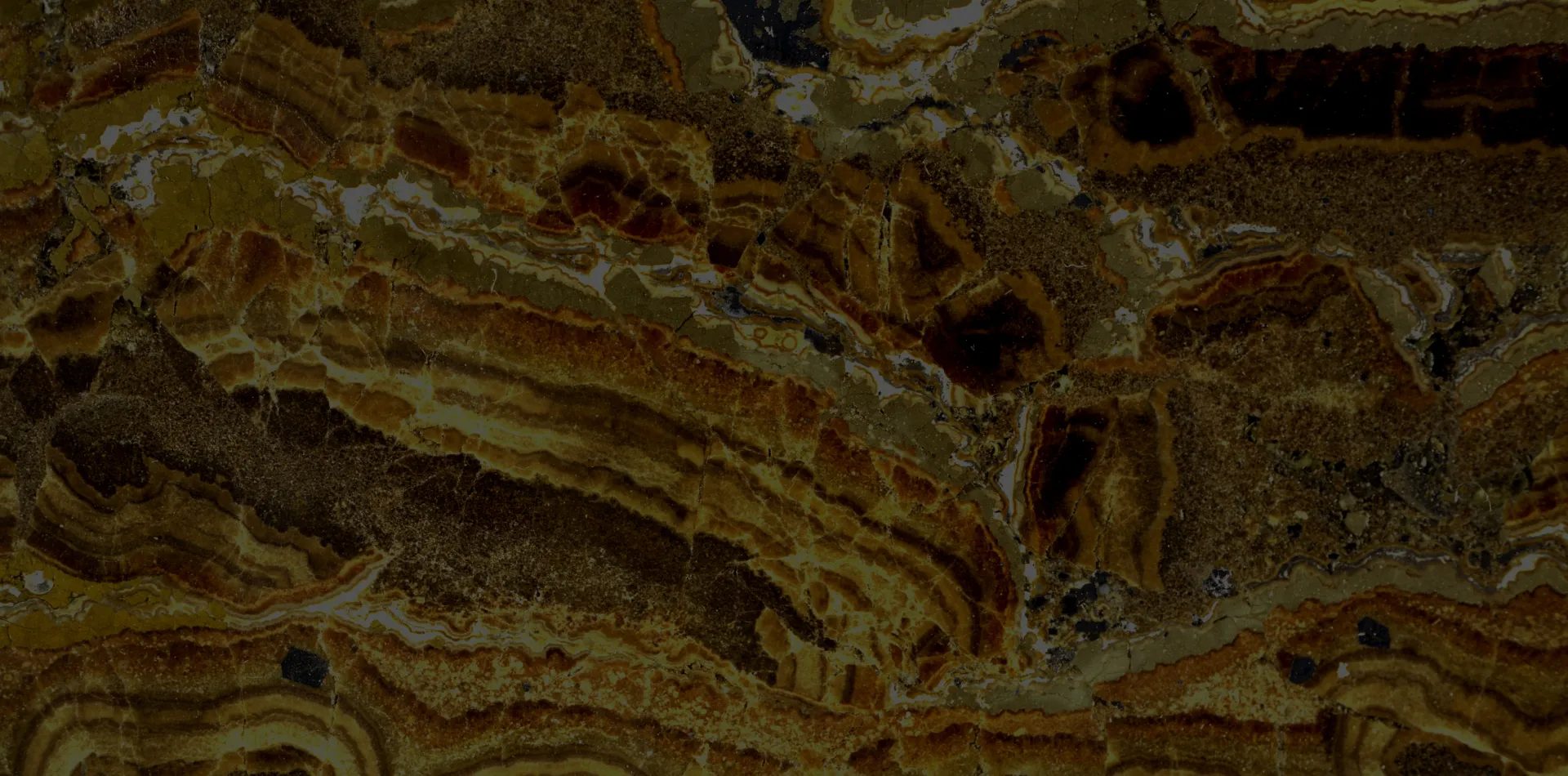Actualités
Challenges
The decline in the exploitation of France's subsurface at the end of the twentieth century led to its resources being ignored, the marginalisation of specialised stakeholders and the fragmentation of debates about its uses.
While the subsurface and its uses have been partially politicised (on the subject of shale gas, for example), they are not at the heart of a wider politicisation process that would allow debate on the collective desirability of any given sector. By politicisation we mean the social-construction process through which an item or subject is transformed into a political issue, i.e. a subject of public debate, or collective, public action and political decision-making.
Drawing on the subsurface as a resource in the context of the ecological transition means redefining practices, uses, representations, values and policies linked to the subsurface, which were largely associated with mining in the past. It is through these requalification processes that the place and role of the subsurface in France's ecological transition will be determined, and through society's ability to establish an open definition of what it means to "use" or not to "use" the subsurface.
Objectives
The VERTIQUAL project represents a continuation of the idea of 'political geology' and takes a critical, constructivist approach to the uses of the subsurface. Its objective is not to act as a direct support tool for decision-making but rather to analyse how the subsurface is redefined by different social groups, without being biased in one direction or another.
Amongst other things, the requalification processes will look at "climate-framing" the uses of the subsurface, i.e. rethinking certain issues in the light of climate change, resulting in the prioritisation of certain climate-related issues above others. Another issue that will be studied is "ecologisation", i.e. looking at the subsurface through the prism of ecosystemic and physical-biochemical issues. The aim is to identify whether or not the processes used to requalify the subsurface involve redefining the historic socio-technical dimensions (know-how, expertise, etc.), public policies concerning the use of the subsurface, or the repositioning of the different players involved, and to what extent.
The VERTIQUAL project focuses on four key aspects:
- Analysing the socio-technical legacy and, notably, the compromises reached between mining companies and local residents in the 19th century concerning the management of risks associated with the subsurface. This historical perspective is a crucial source of information for explaining the transformations and situations currently in place;
- Mapping all the stakeholders involved in the subsurface and studying two divergent dynamics involved in today's politicisation process: firstly, the 'top-down' re-exploitation of the subsurface by the State in relation to certain geostrategic issues, and secondly, the emergence of alternative 'bottom-up' regulations motivated by environmental-protection issues and democratic demands;
- Comparing different uses of the subsurface, analysing how their material value is redefined by different players and potential controversies;
- Producing a manifesto on the implications of considering the subsurface as a common good, in conjunction with the ANTICIP and JPEC targeted projects of the Subsurface PEPR (priority exploratory research programme).
The project also aims to mobilise existing scientific communities and to coordinate the emerging Social Sciences and Humanities (SSH) community in order to address the challenges of the subsurface.
Expected results
VERTIQUAL will provide a precise map of the different stakeholders involved in the issues of subsurface resources in France, along with their different viewpoints, in order to have a clearer appreciation of any potential conflicts and the reasons behind them, while also understanding the dynamics involved in the repositioning of the various stakeholders concerned.
In this way, it will contribute to the objectives of the "Subsurface: a Common Good" PEPR, which aims to study the politicisation of the subsurface, define the conditions for its sustainable use and better understand how to create the conditions for dialogue and arbitration concerning the use of the subsurface as a common asset.
Coordinator
Sébastien Chailleux, Senior Lecturer, Sciences Po Bordeaux, Emile Durkheim Centre and Associate Researcher at the UMR TREE, University of Pau and the Pays de l'Adour.
Sébastien Chailleux has coordinated a number of projects designed to promote the systematic, systemic study of the various subsurface industries, such as the special issue of Natures Sciences Sociétés, entitled "Pour une géologie politique" (2021), which highlights the growing politicisation of subsurface issues and the common reasons for protests (related to environmental, democratic and judicial pressure).
Partners










